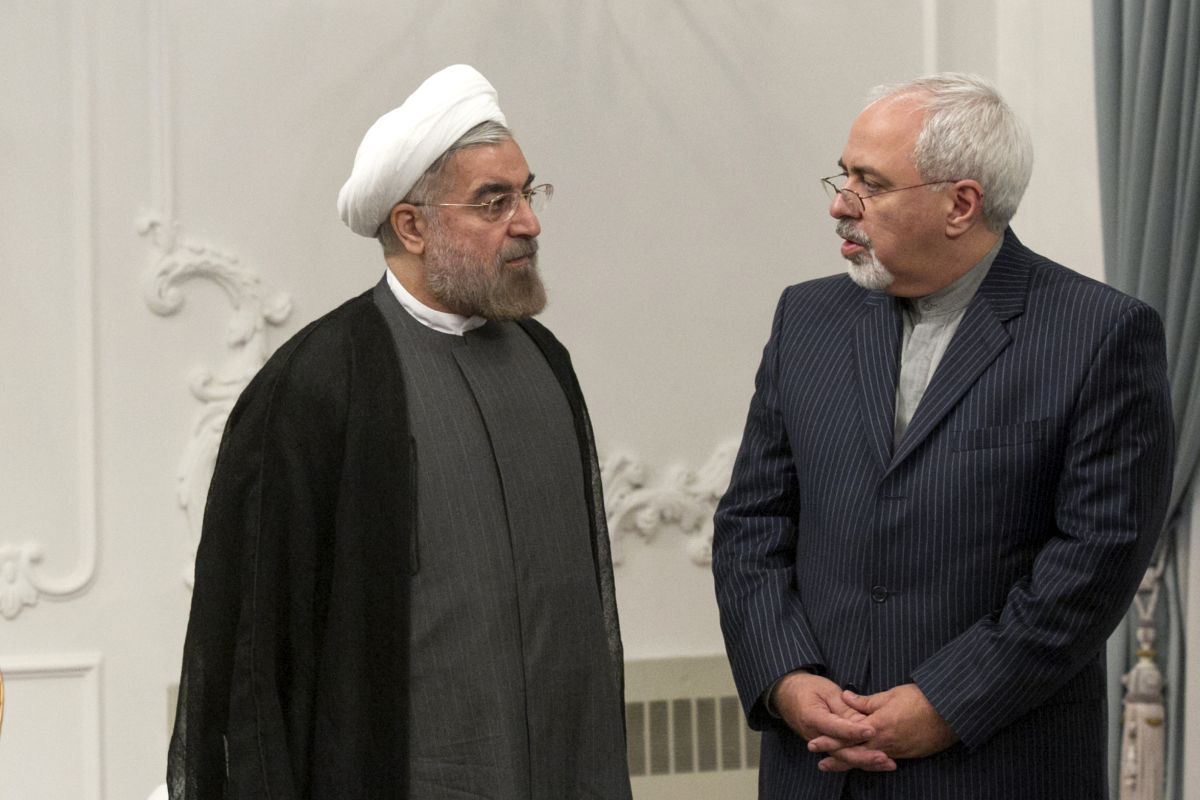Iran government started advanced centrifuges to boost the country’s stockpile of enriched uranium, its atomic energy organization spokesman, Behrouz Kamalvandi said on Saturday.
During a press briefing, Kamalvandi said that as the third step in Iran’s reduction of commitments under the deal, the Atomic Energy Organization of Iran (AEOI) activated 20 IR-4 and 20 IR-6 centrifuges, Press TV reported.
Advertisement
“We have started lifting limitations on our Research and Development imposed by the deal, it will include the development of more rapid and advanced centrifuges”, he further said.
“All these steps are reversible if the other side fulfils its promises,” he added.
Kamalvandi also said that Iran will allow the UN atomic agency to continue monitoring its nuclear program, as it detailed the latest reduction of its commitments under a 2015 accord.
“Regarding the monitoring and accesses of the IAEA (International Atomic Energy Agency)… so that everything is clear (Iran’s) commitments regarding transparency will be followed as before”, said Kamalvandi.
Saturday’s announcement comes a day after Iran officially informed the European Union (EU) that it will begin unlimited nuclear research and development (R&D) work.
Foreign Minister Mohammad Javad Zarif told EU foreign policy chief Federica Mogherini that Iran was further scaling back its commitments under the Joint Comprehensive Plan of Action (JCPOA) due to the inability of its three European signatories — the UK, France and Germany — to meet their end of the bargain, Press TV reported.
Foreign Ministry spokesman Abbas Mousavi said in a statement that the third step was Tehran’s response to “widespread and continued violations” of the nuclear deal ever since the US dropped out of it 16 months ago in May 2018.
Earlier in the week, the US had imposed its first-ever sanctions against Iran’s space agency, accusing it of disguising a missile program.
The US said that the Iranian space launch vehicle technology is “virtually identical and interchangeable with those used in ballistic missiles,” including ways of controlling a missile during its flight.
The US also warned the “international scientific community that collaborating with Iran on space launch vehicles could contribute to its ballistic missile program.”
In response to the US, Iran said that its space program is aimed at building rockets to launch telecommunications satellites. Iran has fired two such satellites into orbit since 2013. But three other attempts this year have failed, including one rocket that blew up on the launch pad last week.
Iranian President Hassan Rouhani ruled out holding any bilateral talks with the United States and threatened to further cut Iran’s commitments to a nuclear deal within days.
Last week, Rouhani said that the US should lift sanctions against Iran as a precondition for negotiations.
Iranian officials have stressed that for any talks with the US, Washington should return to Tehran’s nuclear deal from which it withdrew in 2018 and implement its obligation under the accord.











